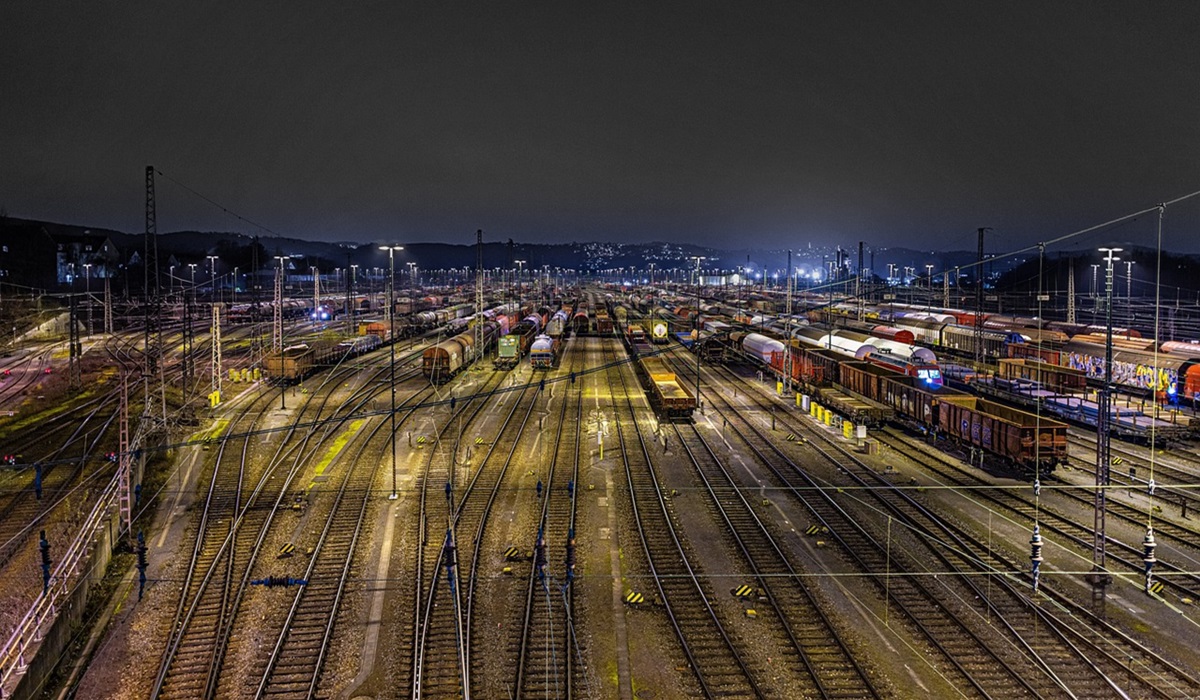Major Strike Halts Canada’s Two Largest Railways, Disrupting Economy
- TDS News
- Breaking News
- August 22, 2024

Image Credit, PhotographyLke
A major strike has brought Canada’s two largest railways, Canadian National Railway Co. (CN) and Canadian Pacific Kansas City Ltd. (CPKC), to a grinding halt. After months of unsuccessful negotiations, over 9,000 workers represented by the Teamsters union have walked off the job, marking a significant blow to both the Canadian and U.S. economies.
The economic impact of the strike is staggering. The two rail companies handle over a billion dollars in cargo each day, with nearly 180,000 rail cars in operation across their networks. The sudden stoppage of rail services threatens to disrupt supply chains, delay shipments, and cause shortages of goods ranging from consumer products to essential raw materials.
Prime Minister Justin Trudeau has called on both sides to return to the bargaining table, urging a resolution to avoid further damage to the economy. However, it remains unclear whether the government will introduce back-to-work legislation, a move that has sparked controversy in previous labor disputes. The possibility of such legislation looms large, with many stakeholders pushing for swift government intervention to end the strike.
The workers are striking for better working conditions and higher pay, but the negotiations have reached an impasse, with both sides digging in deeper as the strike continues. The duration of the strike is uncertain, leaving businesses and consumers alike in a state of limbo.
As the strike drags on, the full implications for the Canadian and U.S. economies are becoming increasingly evident. Supply chain disruptions, increased costs, and potential job losses are just some of the potential fallout if a resolution is not reached soon. The situation remains tense, with no clear end in sight.








